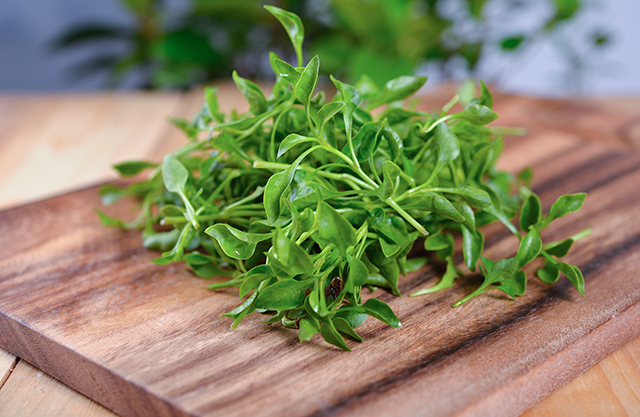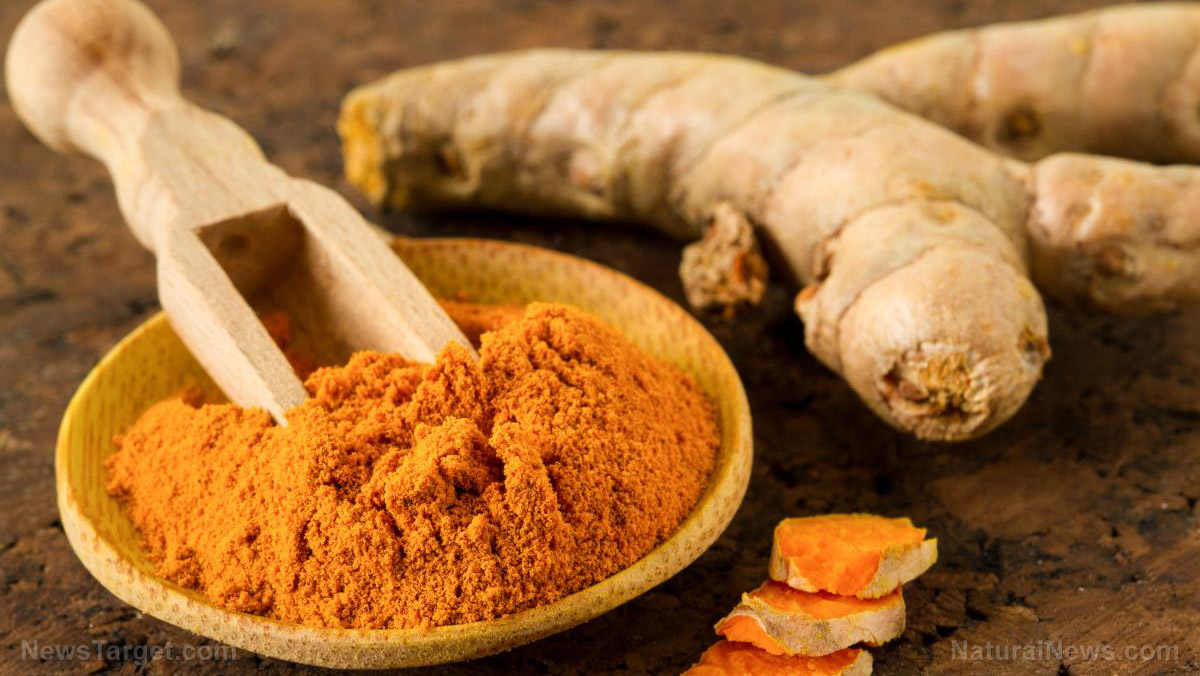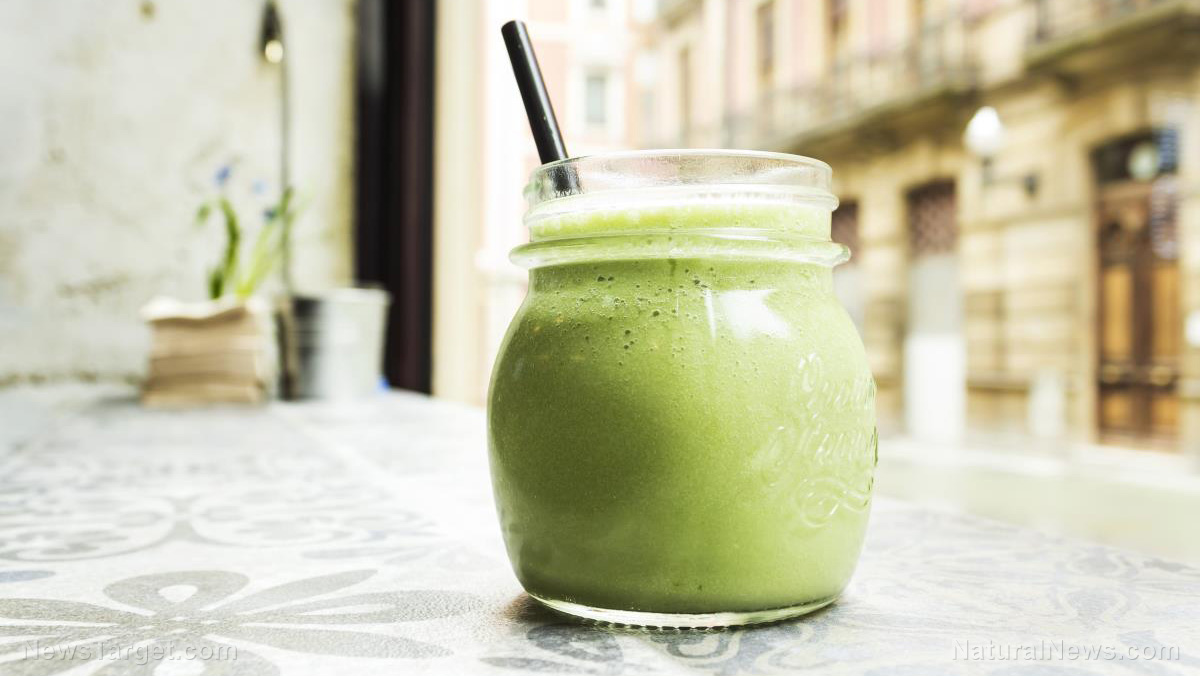Acupuncture effectively relieves hypertension without negative side effects of pharmaceuticals
12/11/2015 / By Julie Wilson

A component of ancient Chinese medicine, acupuncture is documented as being used for medical purposes as far back as 2,000 years ago. Some even say it was practiced in China 4,000 years ago. Thankfully, its popularity is growing across the West, and it is now used to successfully treat a variety of ailments including hypertension – a condition affecting about 70 million adults, or 1 in 3 Americans, according to the US Centers for Disease Control and Prevention.(1)
While acupuncture is known to help improve other health problems such as allergies, back pain, weight loss, sleep, mood and immune system deficiencies, we are now beginning to learn of its beneficial effect on high blood pressure.
Researchers at the University of California, Irvine released a new study suggesting that electroacupuncture – which uses low-intensity electrical stimulation throughout different points in the body – is an effective treatment for hypertension.
“By using Western scientific rigor to validate an ancient Eastern therapy, we feel we have integrated Chinese and Western medicine and provided a beneficial guideline for treating a disease that affects millions in the U.S,” said one of the study’s authors, Dr. John Longhurst, with the University of California, Irvine.
Participants treated with acupuncture experienced decreased blood pressure for a month and a half, scientists say
“Acupuncture regulates blood pressure, blood flow and body temperature,” reports the Waking Times.(2) “Patients with hypertension treated with acupuncture experienced drops in their blood pressure that lasted up to a month and a half, researchers with the Susan Samueli Center for Integrative Medicine have found.”
The findings of this new study are very important, as the use of acupuncture for hypertension could eliminate patients’ dependence on prescription medications, which often carry side-effects. Here are some of the not-so-comfortable side-effects individuals sometimes experience while on blood pressure medication:
- Diarrhea or constipation
- Headaches
- Nausea and vomiting
- Weight loss or gain
- Skin rashes
- Fatigue and light-headedness(3)
Published in the peer-reviewed journal Medical Acupuncture, the study also suggests that acupuncture can reduce an individual’s risk for heart disease and stroke, the Waking Times reports.
To reach their results, scientists performed tests on 65 patients with hypertension who were not taking any blood pressure medication. They were separated into two groups, both of which received electroacupuncture. The first group of 33 participants received the treatment on both sides of their inner wrists and below their knees, resulting in a “noticeable drop in blood pressure rates in 70 percent of participants – an average of 6 to 8 mmHg for systolic blood pressure (the high number) and 4 mmHg for diastolic blood pressure (the low number).” The results lasted up to a month and a half, say researchers.
Acupuncture can help treat hypertension without the annoying side effects of blood pressure medication
“Also in this group, the team identified significant declines in blood concentration levels of norepinephrine (41 percent), which constricts blood vessels and increases blood pressure and glucose levels; and renin (67 percent), an enzyme produced in the kidneys that helps control blood pressure. In addition, the electroacupuncture decreased aldosterone (22 percent), a hormone that regulates electrolytes,” the Waking Times reports.
“No consequential blood pressure changes were found in the group of 32 who received electroacupuncture at other acupoints along the forearm and lower leg.
“Although the blood pressure reductions in the first cohort were relatively small – mostly in the 4-to-13-mmHg range – the researchers noted that they were clinically meaningful and that the technique could be especially useful in treating systolic hypertension in patients over 60.
“Because electroacupuncture decreases both peak and average systolic blood pressure over 24 hours, this therapy may decrease the risk for stroke, peripheral artery disease, heart failure and myocardial infarction in hypertensive patients,” said Dr. Longhurst.
“In the hands of a trained professional, acupuncture is very safe and effective. Like everything else, acupuncture is not effective for everything. Certainly, it has demonstrated itself as effective for pain that does not respond well to even high doses of medication or chronic pain,” said Bruce Dubin, dean of Ohio University’s College of Osteopathic Medicine.
Sources:
(1) CDC.gov
(2) WakingTimes.com
(3) NLM.NIH.gov
(4) Healthy.net
(5) Prevention.com
Tagged Under: acupuncture, heart disease, Holisitic healing, hypertension, Prescription drugs, stroke



















